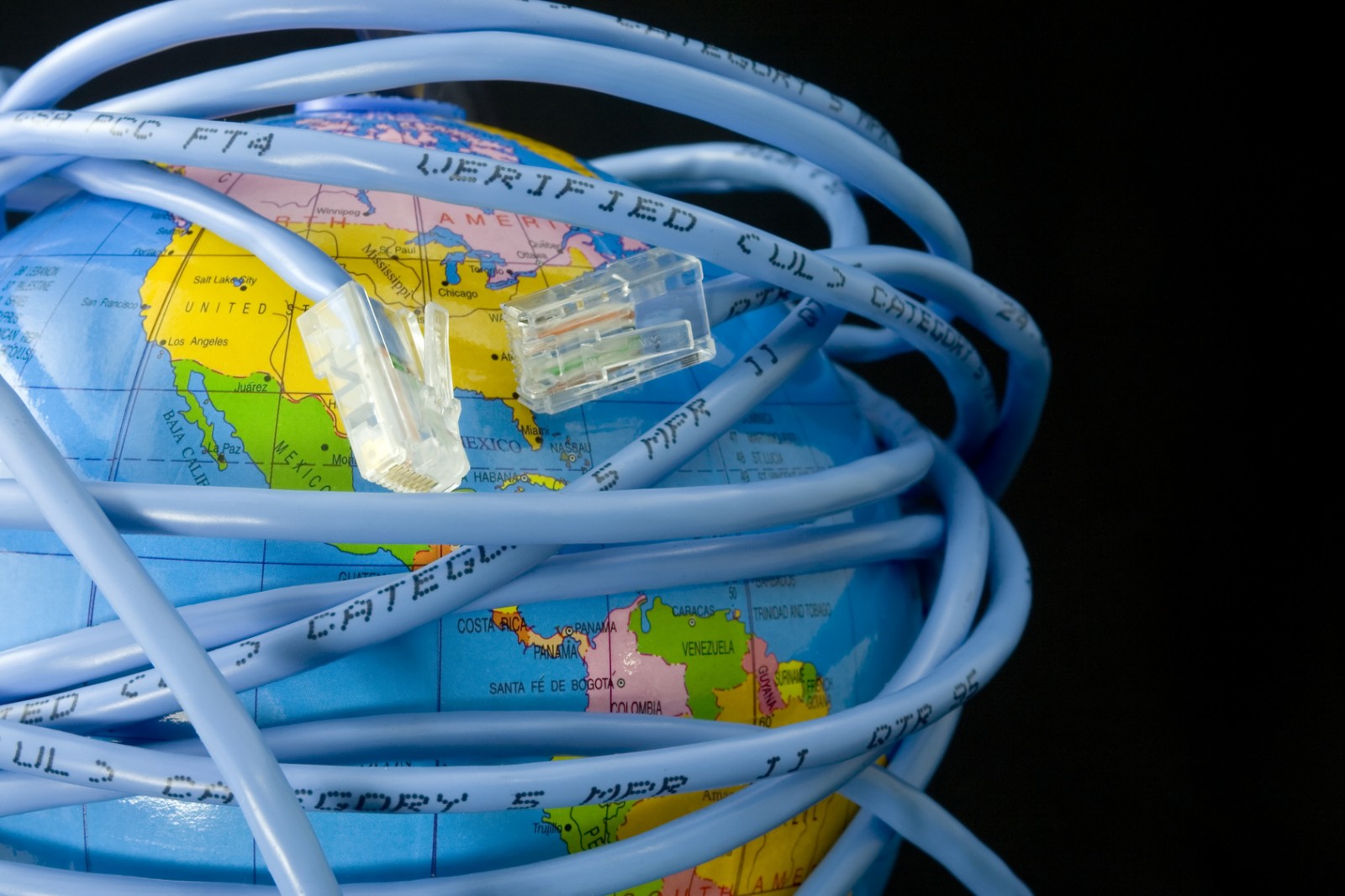
When Federal Communications Commission Chairman Tom Wheeler initially proposed rules to allow telecoms to charge Internet companies for access to a “fast lane” to speed content to their users, plenty of people sounded the death rattle for the principle of net neutrality. A few weeks later, despite Thursday’s passage of a Notice of Proposed Rulemaking on a party-line vote similar to Wheeler’s original plan, the tenor of the debate has shifted.
Under massive public pressure, the FCC has shown itself more responsive than Congress, opening up a legitimate debate over the rules. Tech firms have linked arms with the public against the Wheeler proposal. And what activists consider the only path to true net neutrality – reclassifying broadband Internet under Title II of the Communications Act as a common carrier service, allowing the FCC to regulate it like phone lines – has moved from an impossible dream to a more viable alternative.
People power did this – that allegedly outdated work of targeted mass organizing that isn’t supposed to make a difference in our increasingly oligarchical society. Over 3.4 million Internet users took action in some form against the FCC’s proposed rules in the past three weeks, according to Free Press President and CEO Craig Aaron. Dozens of protesters “occupied” the FCC, camping out for a week in tents, joined by hundreds in a mass rally outside the meeting room.
The grassroots pressure got tech firms off the sidelines. Over 100 of them, including Google, Facebook and Amazon, publicly opposed Chairman Wheeler’s rules, arguing that the rules should not allow “individualized bargaining and discrimination.” Meanwhile, the telecoms could not even round up the same support they had in 2010, when the FCC last proposed open Internet rules.
Then, 74 House Democrats joined a letter opposing net neutrality; this time, the telecoms could find only 20 Democrats to back them, while 34 other House Democrats publicly endorsed Title II reclassification.
The effect of all this work could be seen in the actions of Democratic FCC Commissioners Jessica Rosenworcel and Mignon Clyburn, who heard plenty of personal appeals for serious protections. Rosenworcel called for a delay in Thursday’s vote and didn’t actually support it, merely concurring with advancing the proposed rulemaking, and hinting at her preference for stronger action.
Clyburn, in a blog post before the meeting and in her remarks Thursday, recommitted to much stronger rules than what Wheeler offered, all but endorsing a reclassification to Title II. “We’re very encouraged by the statements from the Democratic commissioners,” said Craig Aaron of Free Press. “Our organizing effort has moved them to that point and will bolster their opposition.”
Rosenworcel and Clyburn, whose votes would be needed for any final rules, clearly forced changes to Wheeler’s proposal. Wheeler now offers a choice between his initial plan, using Section 706 of the Telecommunications Act to regulate broadband activity, and Title II reclassification, a major shift.
“While the Notice reflects a tentative conclusion that Section 706 presents the quickest and most resilient path forward… it also makes clear that Title II remains a viable alternative and asks specifically which approach is better,” reads a fact sheet at the FCC website. The proposal also asks whether the FCC should ban fast lanes, known as “paid prioritization arrangements.”
Just listening to Wheeler last week, you’d have thought he was the biggest Internet freedom activist in the country. “If telecoms try to divide haves and have-nots, we’ll use every power to stop it,” he said at the meeting. “Privileging some network users in a manner that squeezes out smaller voices is unacceptable.”
Unfortunately, according to Craig Aaron of Free Press, Wheeler’s “rhetoric doesn’t match the reality of what’s in the rules.” They believe that Wheeler’s plan, which he says would prevent blocking or slowing of websites and prohibit “commercially unreasonable” fast-lane deals on a case-by-case basis, is impractical and legally dubious. “The only way to achieve his goals would be to reclassify broadband under Title II,” said Aaron.
Wheeler initially argued that activists were “misinformed” about his rules, which represented the best possible solution to ensure access to content for all Internet users. Thursday he actually met with those same activists before the meeting, imploring them that he shared their goals. Wheeler has gone from driving the process to becoming the swing vote, increasingly pulled along by his fellow commissioners to a place he never really wanted to go.
And because Wheeler must convince his Democratic colleagues to get final passage, he’s in a much weaker position today than he was at the start of the process. “A few months ago, the FCC refused to even meet with us,” said Tiffiniy Cheng of the Internet activist group Fight for the Future. “Now, we’re feeling very good about what we can accomplish.”
The public comment period will run for four months, and activists plan to flood the FCC in support of a move to Title II reclassification. They see this as the beginning rather than the end of the fight. “There’s been such a shift in the rhetoric and situation around Title II,” said Marvin Ammori, a public interest lawyer involved in the net neutrality fight. “What phone and cable companies see as the nuclear option is now increasingly seen as the right option,” he added, citing new support from Rep. Henry Waxman, the browser company Mozilla and many others.
Whether or not Wheeler initially stacked the deck in favor of Comcast and AT&T, he’s given activists a real pathway toward the kind of broadband regulations they prefer. Wheeler’s path of least resistance would have been to keep the telecoms at bay by not even approaching the reclassification debate; that’s how former FCC Chairman Julius Genachowski opted in 2010. Now, broadband CEOs have roared against reclassification, and the battle has been joined.
Advocates want President Obama, who has for years stated his support for net neutrality, to come off the sidelines and enter the debate. “This is his chairman and his FCC,” said Becky Bond, political director for mobile provider and progressive activist group CREDO. “The ultimate decision may depend on whether President Obama stands up for Internet users or remains silent.”
If nothing else, the FCC showed that it actually managed to listen to the public outcry. “One must think the Founding Fathers are looking down and smiling,” Wheeler said today, referring to the intense political engagement around the issue. Of course, there’s a difference between welcoming activism and actually having it change behavior.
“Nothing about this rollout has gone the way the chairman would like to see it,” said Craig Aaron of Free Press. “But it’s going to take more political pressure to change the outcome.”
3 WAYS TO SHOW YOUR SUPPORT
- Log in to post comments















